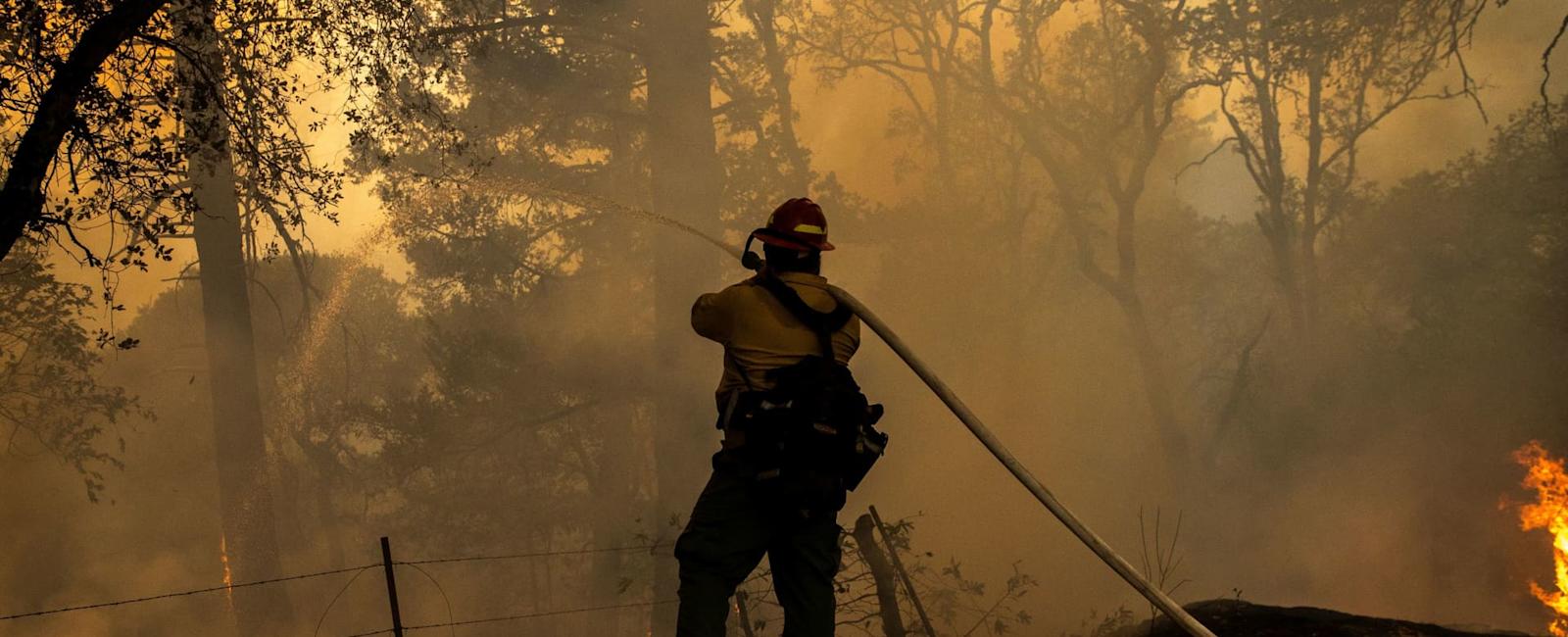State Farm to stop accepting homeowners insurance applications in California

As a writer for a news site, I recently came across an interesting article that immediately caught my attention. Titled “State Farm to stop accepting homeowners insurance applications in California,” it sheds light on a major announcement from one of the country’s largest insurers.
According to the article, State Farm has decided to stop accepting new homeowners insurance applications in California. The move comes in response to the company’s rising losses in a state that has been plagued by wildfires in recent years. State Farm’s decision will affect roughly 1.2 million homeowners in California who rely on the company for their insurance needs.
While the decision is undoubtedly a blow to many California homeowners, it’s also a sign of the increasing challenges facing insurance companies in areas prone to natural disasters. The wildfire risk in California has made it increasingly difficult for insurers to manage their losses and stay profitable. And with the effects of climate change expected to continue exacerbating such risks, it’s likely that more insurers will be forced to follow State Farm’s lead and reconsider their operations in high-risk areas.
All in all, State Farm’s announcement is a reminder of the complex and interconnected nature of our society and the challenges we face in mitigating and adapting to the effects of climate change. As homeowners in California and other high-risk areas grapple with the fallout of these decisions, it’s important for policy makers, insurers, and other stakeholders to work together to find sustainable solutions that can help protect our homes, our communities, and our planet.
Quick Links

